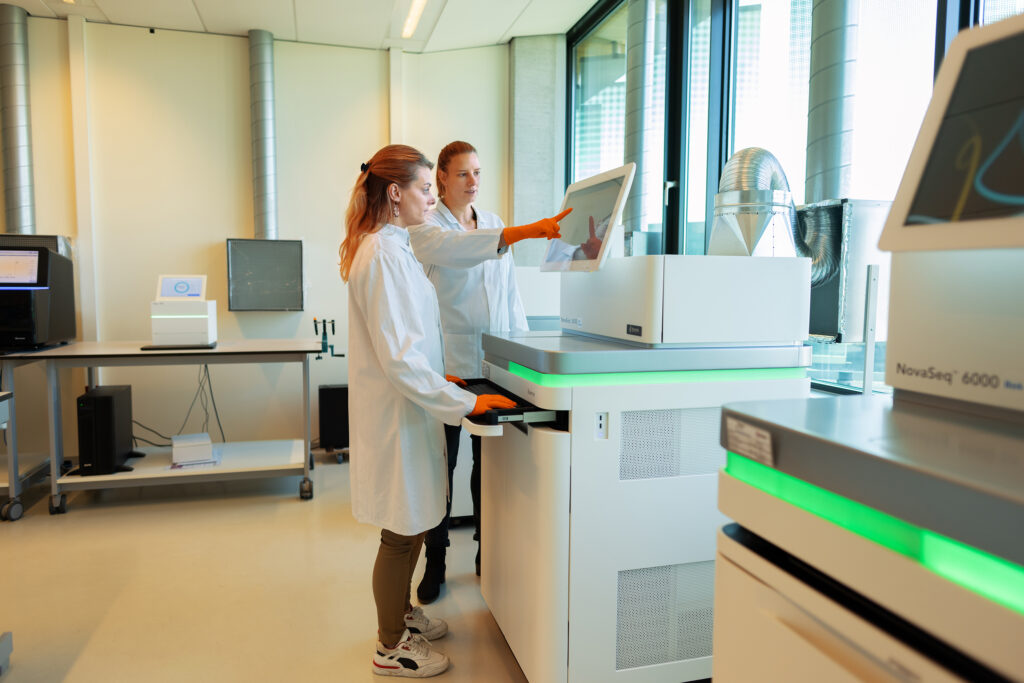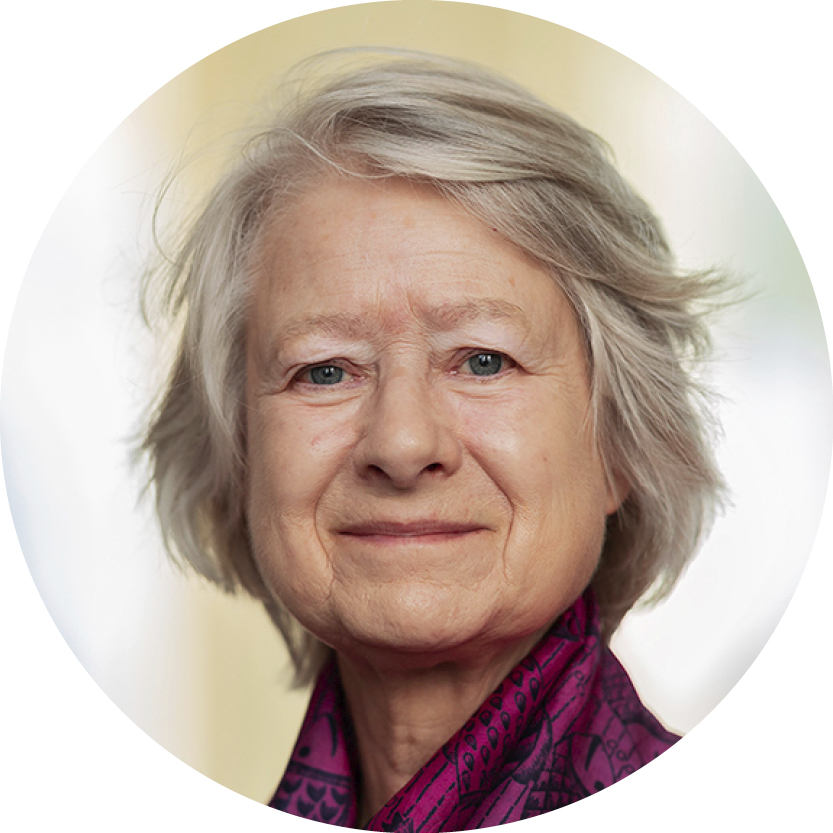Breast cancer awareness month

October is the international breast cancer awareness month. Breast cancer is the second most common type of cancer, and the most common cancer for women. WHO statistics show that in 2022 over 2 million women were diagnosed with breast cancer with over 670 thousand deaths globally. Breast cancer occurs in every country of the world in people of any age but with clearly increasing rates in later life.
The Hartwig Medical Database contains data from tumors of patients that have consented to their data to be re-used for cancer research. This includes more than 1.000 breast cancer patients for which whole Genome and Transcriptome Sequencing was performed and the data made freely available to cancer researchers globally. To showcase the differences of specific cancer types we have generated a graphical overview of their genomic landscapes that we call vignettes. This is the genomic landscape of metastatic breast cancers:

There is a lot of information here so let’s break it down and explore some of the key differences. One of the key molecular features of breast cancers is the involvement of the genes BRCA1 & BRCA2, often referred to as the ‘breast cancer genes’.

It was the scientist Dr. Mary-Claire King who discovered the BRCA1 gene. These genes play such an important role in repairing breaks in the DNA strand, that when these genes are mutated these errors can go unrepaired or are repaired incompletely. When this happens this leaves scars in the DNA that can be detected by sequencing the DNA of the tumor. These scars can be used to determine if a cancer can repair breaks in the DNA, if it cannot we call this a Homologous Recombination Deficient (HRD) cancer. The frequency of HRD is more than twice as high in breast cancers (14%) compared to all cancers (6%).
Knowing whether a tumor is HRD can be important for treatment decisions because some drugs can introduce breaks in the DNA. A cancer that cannot repair these breaks will respond more strongly to such a drug. In 13% of the patients in the database HRD status was classified as a finding that could be used in clinical decision making. Such findings can be linked to prescription guidelines, if they are useful in predicting response or are a biomarker for a particular treatment they are considered actionable. For the majority of the patients where HRD was identified in the tumor it was the top actionable event found.

Another feature of breast cancers is the large changes in the copies of a particular piece of DNA, so called Copy Number Changes. In breast cancers there are often large pieces of a chromosome missing or duplicated. For example, chromosome 13 (highlighted in red below), that contains the BRCA2 gene, is missing in approximately half of all cases. While in chromosomes like 1 and 8 we see regions with many more copies than normal.

We wish to thank the patients and their families that consented to the data from their tumors to be shared for research. Please support the research into breast cancer, and if you are a researcher please have a look at the vignettes or request data to support your work.
More information
Vignettes Hartwig Medical Database
You read an article in the category Hartwig Medical Database. You may also be interested in DNA, IT, Learning healthcare system, Molecular diagnostics, Personalized treatment or Research.All news
Also read

The starting point – always the patient
Frank van Wijck, science journalist Ele Visser is handing over his position as chairman of Hartwig Medical Foundation’s Data Access Board …

Towards a learning healthcare system by broad collaboration
Developing a new drug is expensive and takes a long time. In addition, there is only a slim chance that …

Whole genome sequencing is reliable, has added value, and can be embedded perfectly into everyday pathology diagnostics
Source: website Netherlands Cancer Institute With the rapidly expanding tableau of (increasingly tumor-agnostic) targeted therapies, genome-driven cancer care has become …

The complete DNA test provides a complete overview of all potential targeted cancer treatments. The patient and the attending physician have all available information to make a treatment decision.